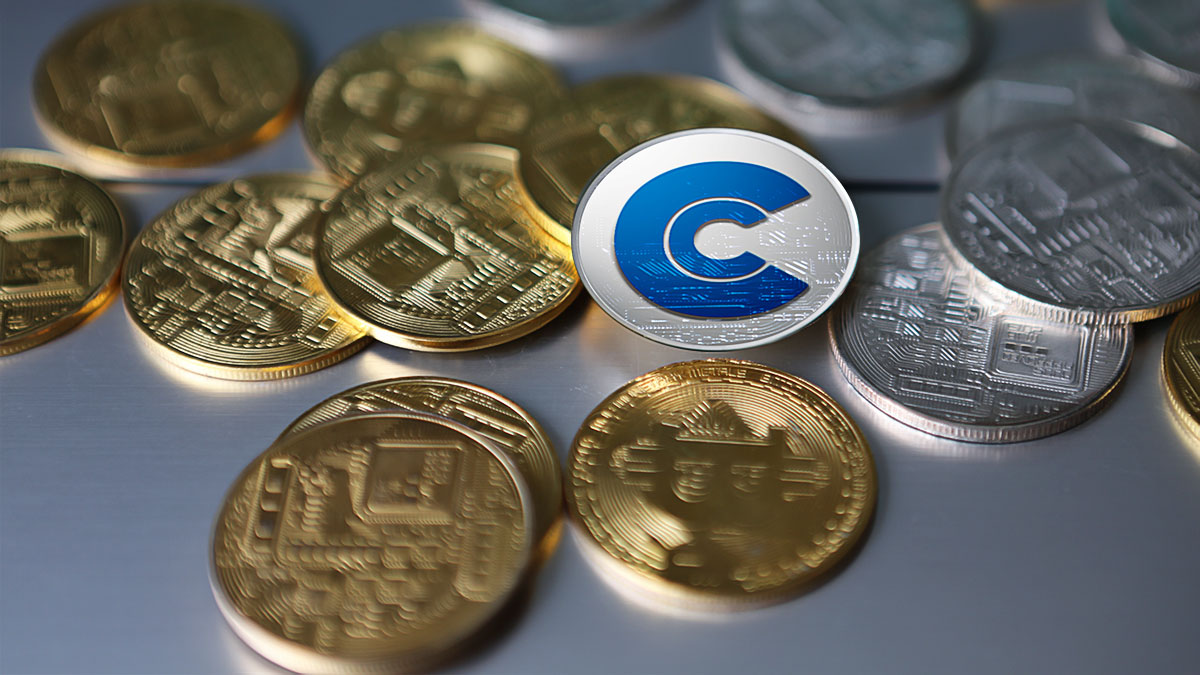In Paris, the NFT Paris event at the Grand Palais Ephemere drew a crowd of artists, designers, and high-profile brands, showcasing the growing impact of Web3 technology across different sectors. The convergence of these industries under the banner of blockchain illustrates a significant shift towards digital integration.
Fashion Meets the Blockchain
Brian Trunzo of Polygon Labs is actively working to introduce fashion brands to the potential of the blockchain, leveraging his background in brand consulting. He emphasized that while fashion is perceived as cutting-edge, its internal processes remain outdated. Trunzo highlighted the hesitancy within the fashion industry to adopt digital product sales and improve operations through digitization, despite the sector’s constant search for innovative offerings.
Polygon’s collaborations are gaining momentum globally, with heavyweight brands like Nike venturing into Web3 with their own platforms. Aura’s technology is also gaining traction, providing digital product passports that, although not yet mainstream, have the potential to transform the customer experience. The Arianee protocol, supported by Polygon, is already a key player in the luxury brand space, enabling NFT functionalities and digital certification.
Blockchain’s Expanding Role in Product Authentication
At NFT Paris, Arianee CEO Pierre-Nicolas Hurstel addressed the gathering on the adoption of blockchain in industries such as watchmaking. He projected that by the end of 2024, a substantial portion of high-end watches sold will carry blockchain-based digital passports, allowing for transparent product histories and ownership transfers.
Hurstel explained Arianee’s approach to forging a circular, privacy-oriented relationship between brands, products, and consumers. It is designed to facilitate a continuous connection throughout a product’s lifecycle, advocating for blockchain infrastructure as the ideal foundation for the intersection of tokenized data and user engagement.












